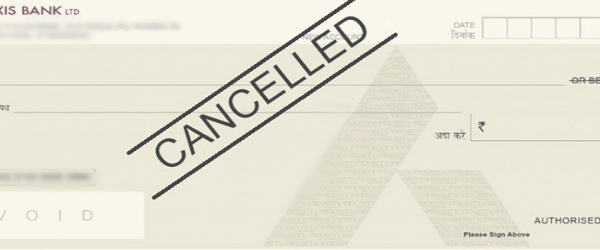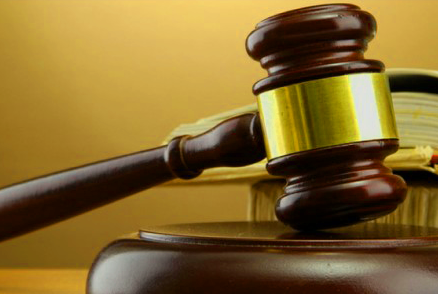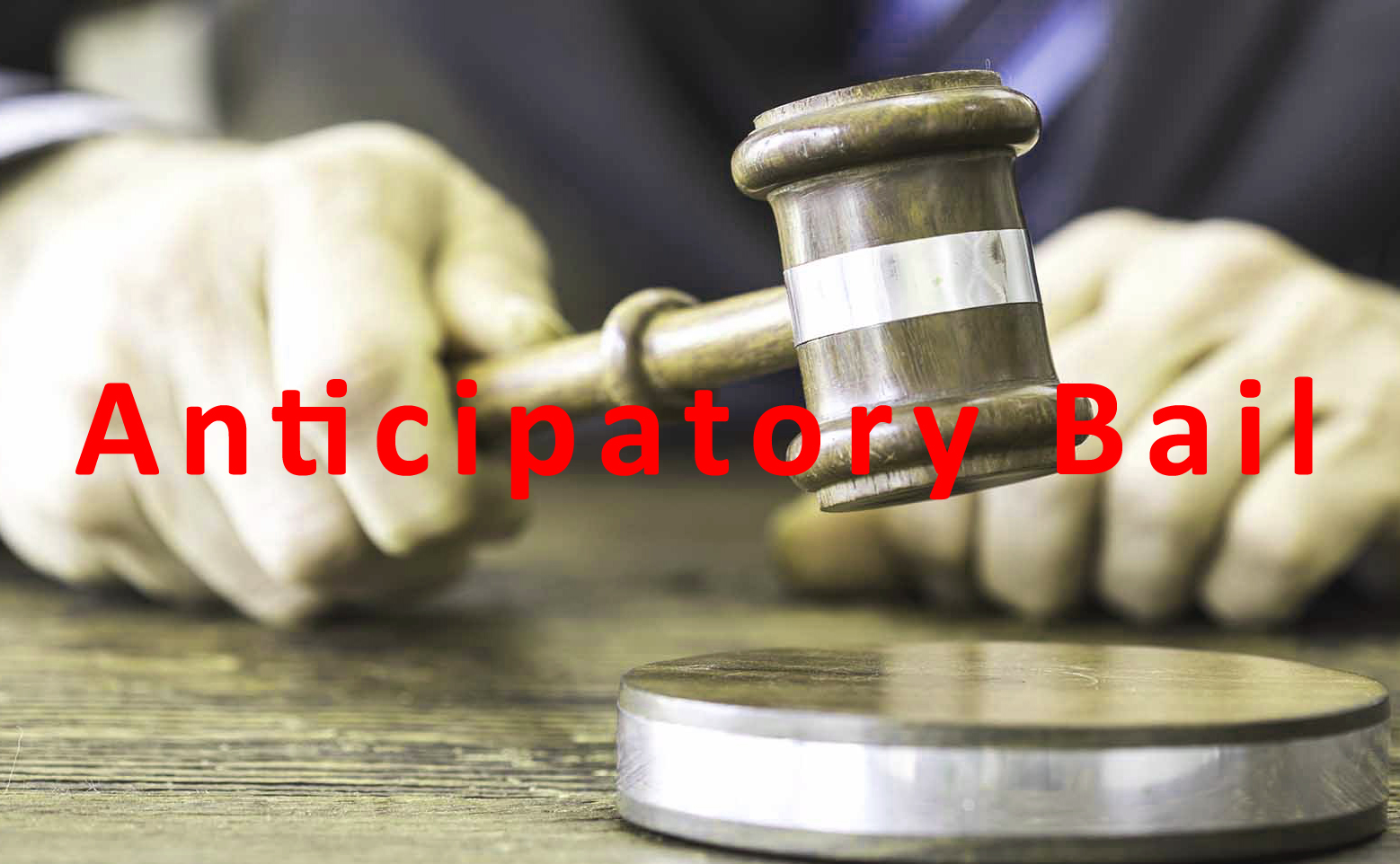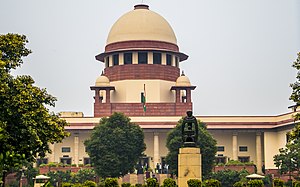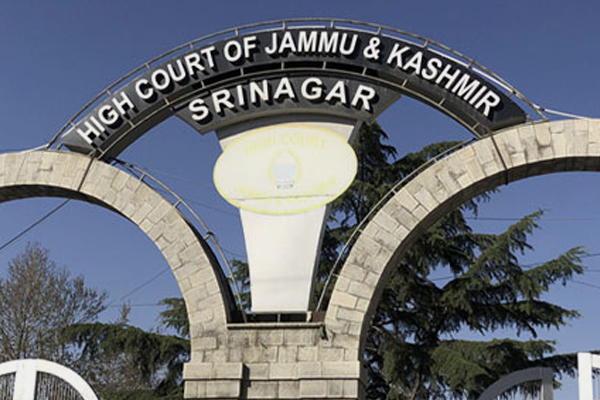
Can the victim's single statement be used for rape conviction ?
The conviction of an accused person in a rape case may hinge on the victim's lone statement; nevertheless, the High Court of Jammu and Kashmir and Ladakh stated recently [State of J&K v. Feroz Ahmad Najar & Anr.] that such a statement must be pure and of the highest caliber.
The statement was given by Justice Sanjay Dhar in support of the men's acquittal in a 2006 rape case brought by a woman.
"On the solitary statement of a victim of rape, conviction of an accused can be based, but it is equally true that such statement should be unblemished and of sterling quality," the Court stated.
The Union Territory of Jammu and Kashmir (J&K) filed an appeal with the High Court, contesting the acquittal ruling rendered by a Srinagar trial court in 2017.
As a result of that ruling, the defendants were found not guilty of any crimes under the Ranbir Penal Code's Sections 363 (kidnapping), 376 (rape), 343 (wrongful confinement for three or more days), 506 (criminal intimidation), and 109 (abetment).
In 2006, the Rainawari Police Station in Srinagar received a first information report (FIR) against them.
According to the prosecution, on December 16, 2005, the victim's father filed a missing person complaint, claiming that his daughter, the prosecutrix, had left for school but had not returned.
Following an extensive search, the authorities were able to locate the prosecutrix at Jammu's Central Jail.
The girl told the accused guys and another female, Shazia, how they had lured her to Jaipur, where they had raped her, according to a statement she made. Based on the prosecutrix's statement, a criminal prosecution was brought against the defendants.
However, the accused stated that following an altercation between them, the prosecutrix's father had filed a bogus case against them. The father allegedly bought a scooter from them, but in spite of repeated demands, he did not pay the full sale consideration.
The accused claimed that these requests and the accompanying fights caused the bogus case to be filed. Additionally, they claimed that the prosecutrix ran away from home to elope because she was having an affair at the time with someone else.
Due to the trial court's determination that the prosecutrix's statements lacked credibility and that her behavior was not impeccable, the accused was found not guilty.
Crucially, the trial court discovered that the prosecutrix's version of events throughout the trial differed completely from the version of events listed in the chargesheet. Thus, on January 1, 2017, the trial court exonerated the defendant.
Before the High Court, the government contested the lower court's decision.
It was argued before the High Court that a conviction might be recorded based solely on the testimony of a rape victim without any additional evidence. However, the government contended that the victim's statement had been dismissed by the trial court for tenuous reasons.
Nevertheless, the High Court dismissed these arguments after determining that the prosecutrix's statement contained significant inconsistencies.
"It is evident from the examination of the prosecutrix's and the investigating officer's statements made during the case trial that there are significant inconsistencies in the prosecutrix's assertions regarding the major elements of the case. These inconsistencies between the prosecutrix's version of events as stated in her statement made pursuant to section 161 of the CrPC and the statement she made during the case trial have been established," the High Court said.
The prosecutrix's statement is not commendable, and the accused cannot be found guilty based only on it, the court decided.
"The view taken by the trial court in acquitting the respondents/accused and in holding that the statement of the prosecutrix is unworthy of credit does not deserve to be interfered with by this court while exercising appellate jurisdiction," the High Court wrote.
As a result, it denied the appeal and maintained the accused's acquittal.
Your free access to Supreme Law News has expired
For further details contact:
Dr. Ajay Kummar Pandey
( LLM, MBA, (UK), PhD, AIMA, AFAI, PHD Chamber, ICTC, PCI, FCC, DFC, PPL, MNP, BNI, ICJ (UK), WP, (UK), MLE, Harvard Square, London, CT, Blair Singer Institute, (USA), Dip. in International Crime, Leiden University, the Netherlands )
Advocate & Consultant Supreme Court of India, High Courts & Tribunals.
Delhi, Mumbai & Dubai
Tel: M- 91- 9818320572. Email: editor.kumar@gmail.com
Website:
www.supremelawnews.com
www.ajaykr.com, www.4Csupremelawint.com
Facebook: /4Clawfirm, /legalajay Linkedin: /ajaykumarpandey1 Twitter: /editorkumar / YouTube: c/4cSupremeLaw Insta: /editor.kumarg
Telegram Channel
Whatsup Channel


